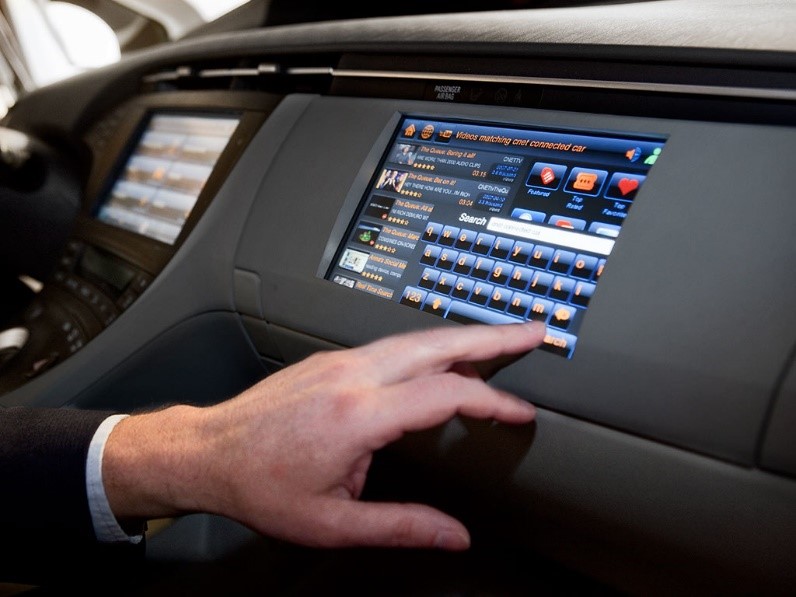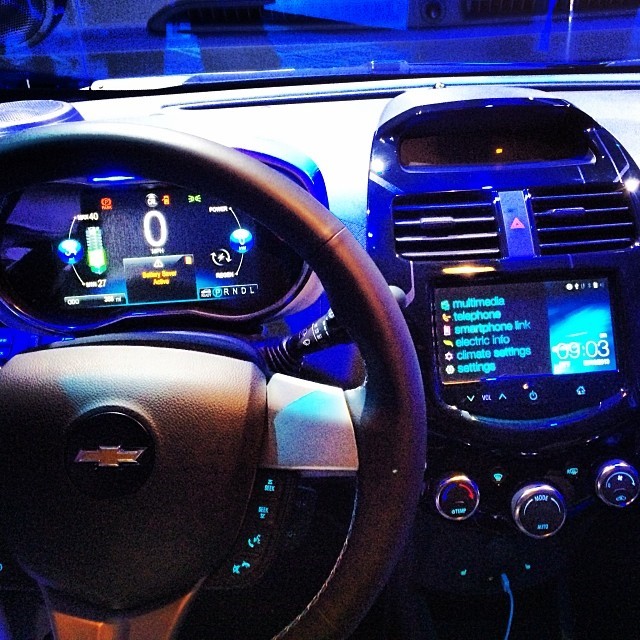Today’s smart cars collect a wide variety of data, from the road’s width, information about potential hazards, a history of user behavior, and so much more. Connected cars are just a small piece of the IoT, which is helping to make our world more interconnected than ever before. Whether you are feeding information to your phone, smart car, or washing machine, big data helps improve the user’s experience and allows the technology to become more intuitive. Big data helps train artificially intelligent algorithms and improve driver safety. However, some people are concerned about how this data may impact their safety. Here is what you should know about the myths and realities of smart cars.
Understanding Core Concepts in Smart Car Technology
Smart car technology is still in development. Cars are becoming ever closer to being truly driverless in which a human driver may no longer be necessary. Before this technology is widely accessible to the public, makers of this technology want to ensure that the vehicles will operate safely. Many vehicle models today contain technology such as lasers and sensors that help keep track of the vehicle’s location and information and information about the surrounding environment.
Smart cars rely heavily on communication between vehicles, vehicles and street infrastructure, smartphones, and other digital devices like wearable technology. Smart cars will also be able to provide curated recommendations and enhanced car media experience.

Credit: ng Connect Program
What Kind of Information Does your Smart Car Gather?
Smart cars can gather a wide variety of information, including:
- Speed
- Driving history
- Previous routes followed
- Timing of driving
- Driving behavior
- Road conditions
- Traffic conditions
- Use and preferences of entertainment systems
- Information about the proximity of other vehicles or nearby obstacles
Why Do Smart Cars Need All This Information?
Smart car manufacturers report that they need all of this information to improve the vehicle’s performance and design features. Ultimately, the data can help make the car more user-friendly and create a safer experience for consumers. Additionally, detailed information about the vehicle’s performance and condition can help consumers extend their vehicle’s service life. Moreover, this data can help create a more personalized experience for consumers.
What Are the Benefits of Big Data in Smart Cars?
There are benefits of big data in smart cars for vehicle owners and companies alike.
For Vehicle Owners
Some of the benefits of big data for beginners in smart cars include:
- A Safer driving experience through the use of sensors and IoT devices
- A more personalized driver experience, such as remembering your favorite music selection and plotting the shortest route to your most commonly visited locations
- Financial savings brought about by shared data with insurance companies on a driver’s good driving behavior and reduce insurance costs
- Improved roads, more intelligent infrastructure, and reduced traffic
For Companies
Automakers benefit from big data by using the information to improve products and designs. They also benefit from direct information about their customers and their driving habits. In-car notification systems can offer personalized help and advice, including add-on products and services.
7 Myths about Connected Cars
Here are some of the most common myths about connected cars:
Driverless Cars Are Coming Soon
While vehicle manufacturers are certainly making strides toward greater automation, completely driverless cars will not be on the road tomorrow. Manufacturers may need additional infrastructure to provide a safe option to make this technology accessible to the masses.
The Only Benefit of Big Data in Smart Cars is Infotainment
Some people think the only benefit of big data is a curated next-generation infotainment system. While this is undoubtedly important, it is far from the only benefit. Innovations in these vehicles are expected to interact and integrate with other in-car systems, predict vehicle maintenance concerns, assist driving, and improve other user experiences.

Credit: MotorBlog
Securing a Smart Car Requires New Developments in Security
One big misconception about smart cars is that because they use big data in so many ways, new security developments will be necessary to safeguard vehicle owners. However, statistics on identity theft do not support this fantasy. Current technology has proven effective in securing data and vehicles, such as internet protocol over Ethernet or an Internet of Things management platform.
AI Will Cause More Accidents
Another myth is that smart cars will cause more accidents. This myth is mostly perpetuated by the highly publicized reports of driverless car accidents, which are far less common than accidents caused by human error. Modern vehicles are often better able to anticipate hazards and more quickly respond to them than humans.
Smart Cars Are Susceptible to Exploitation
Smart car manufacturers mostly allow vehicle owners to determine how their data will be collected and used. Additionally, the implementation of proper safeguards can be secured for vehicles.
Car Manufacturers Are Responsible for Securing Smart Cars
Many parties are involved in securing smart cars, including:
- Regulatory bodies
- Vehicle manufacturers
- Suppliers
- Dealerships
- Developers of devices and services

Smart Cars Rely on Inaccessible Technology
Some consumers believe that technology for smart cars will be unaffordable for the average car owner. However, stakeholders predict that the technology relied on by autonomous cars will be part of cars anyone can buy by 2030.
Risks & Dangers of Big Data in Smart Cars
The security of smart car data has improved over the last few years. However, manufacturers of after-market devices may wish to include passwords, encryption, and IT security best practices when developing future technology.
Who Owns the Data Generated by Your Smart Car?
Generally, the manufacturer owns the data that is generated by your smart car. Data privacy groups such as the Electronic Frontier Foundation and the American Civil Liberties Union are fighting to change who owns the owner’s data. Also, this feeds into the Right to Repair issues for cars…do owners have the right to repair or change their car’s software? Right to Repair is currently on the Massachusetts Ballot for November 3, 2020.
Federal and State Laws
There is currently no sweeping federal law regarding big data in smart cars. At least 22 states and D.C. have passed laws that regulate self-driving. However, these states do not adequately address potential privacy concerns.
Final Thoughts
The potential uses for big data in smart cars continue to expand. By understanding the potential privacy concerns and benefits, you can better safeguard your own interests.
Patrick Peterson is a writer/editor at AutoDetective. Born and raised in the automotive world, he’s a passionate writer who crafts exquisite content pieces about everything related to cars and bikes.
Editor’s Note: The opinions expressed in this article are those of the author.







